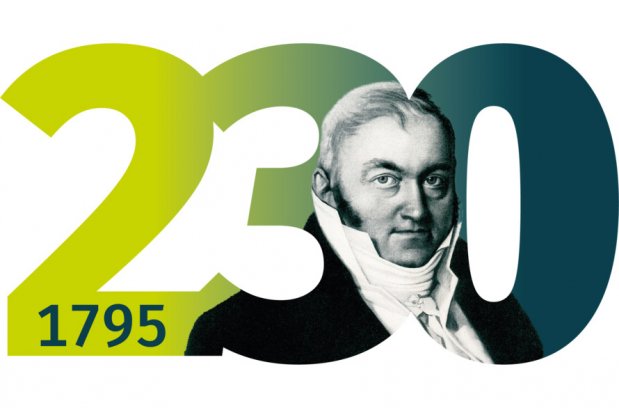
Rieter completes real estate sale in Ingolstadt
Future of spinning mills is automated, digital and intelligent, company believes.

22nd April 2025
Innovation in Textiles
|
Switzerland
Rieter, the leader in staple fibre yarn production technology, celebrates its 230th anniversary this year.
Johann Jacob Rieter founded the company J.J. Rieter & Cie. in Winterthur, Switzerland on April 15, 1795, initially as a trading company for exotic spices and cotton. Eight days later, the first cotton bale arrived at the Waaghaus trading house on Marktgasse in Winterthur.
Initially involved in spinning mills and textile manufacturing, Rieter continued to develop over the 19th century and shifted its focus to building industrial machinery.
By 1833, when it acquired the buildings of the former Töss Abbey in Winterthur, the company’s portfolio had expanded to machines for spinning, winding, knitting and weaving.
In 1891, Rieter became a stock company and subsequently set new technological standards again and again. The company was the first machine factory in Switzerland with electronic data processing and also set up a modern laboratory for testing materials followed by prototype workshops and a test spinning mill to support further innovation.
Today, along with its subsidiaries Accotex, Bräcker, Graf, Novibra, Suessen, SSM, and Temco, Rieter is a leader in state-of-the-art spinning machines, systems and components.
Its success is based not only on technological excellence but also on the people who drive the company forward, with approximately 4,800 employees playing an active role in shaping Rieter’s future.
The company believes that the future of spinning mills is automated, digital and intelligent and research and development activities are being intensified in the areas of autonomous transport systems and collaborative robotics, as well as in Essential, Rieter’s digital spinning mill platform.
The goal is to fully automate the value creation process of spinning mills by 2027, enabling customers to reduce their yarn manufacturing costs and maximise returns.

Business intelligence for the fibre, textiles and apparel industries: technologies, innovations, markets, investments, trade policy, sourcing, strategy...
Find out more